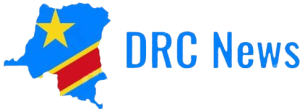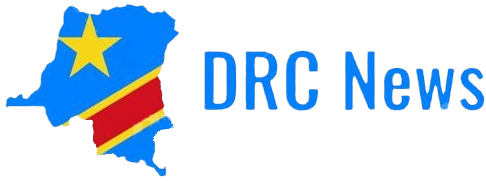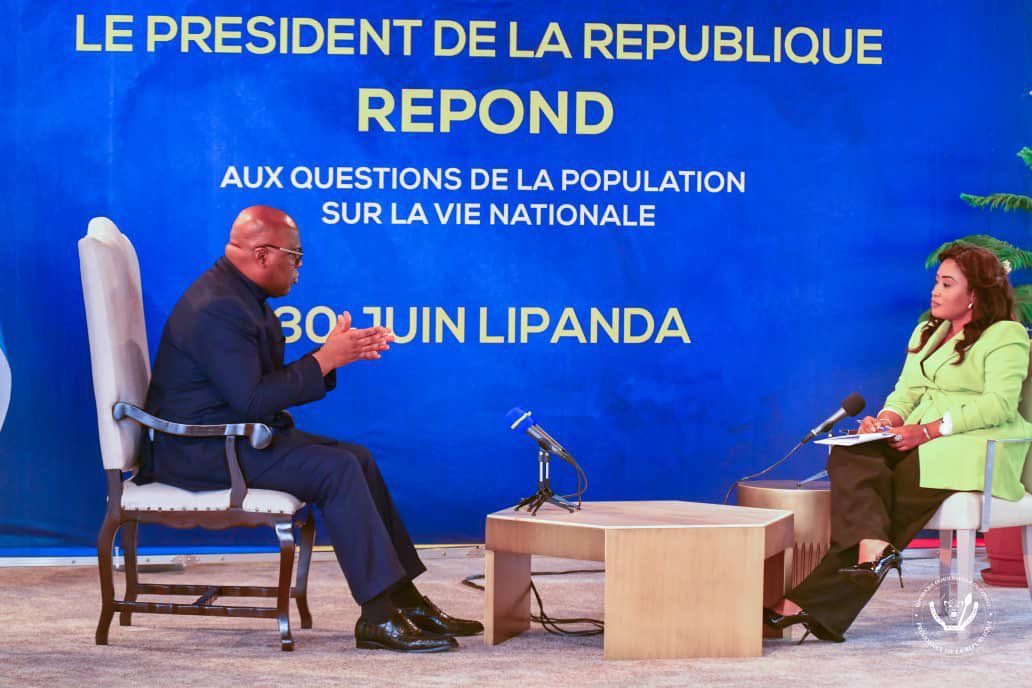The Democratic Republic of Congo (DRC) is preparing for elections due on December 20, according to the Independent National Electoral Commission. If all goes well, this could become the first election scheduled and conducted on time in a long time, allowing the country to maintain or change leadership by peaceful means only for the second time in history.
It could cost $600 million, some $150 million above budget. Yet that may not be President Felix Tshisekedi’s only headache. His pain is multiple.
Economy
As a member of the East African Community, the DRC has not yet caught on the tradition among peers to read budgets at the same time. The anomaly may be in the accession processes it is currently undergoing. Or there is no such plan.
Congo, the largest country in Sub-Saharan Africa, is endowed with exceptional natural resources, including minerals such as cobalt and copper, hydropower potential, significant arable land, immense biodiversity, and the world’s second-largest rainforest.
Global commodity prices of the raw materials that Congo produces are at an all-time high, which is why its current accounts position has changed from a deficit to a surplus, driven by the demand for electric cars as the world seeks green locomotive energy.
Stronger export earnings in 2022 could, however, not offset higher food and fuel bills, leading to a wider current account deficit estimated at 2.9 percent of GDP from a negative one percent in 2021.
DRC has coltan, copper and cobalt, which are used in making electric vehicle batteries. Now, 70 percent of coltan and cobalt comes from the DRC, as does the highest copper quality in the world, accounting for 30 percent of the world’s supply.
But the benefits from their exploitation are but a blip on the scale. DRC is still one of the poorest countries on the globe.
Recently, President Tshisekedi has been vocal about tightening mining agreements, especially with the Chinese. When he travelled to Beijing in May, expectations were that he was going to right the “skewed” contracts.
But he returned home with no deal, forcing his officials, government spokesman Patrick Muyaya, Deputy Prime Minister and Minister for Foreign Affairs Christophe Lutundula and Finance Minister Nicolas Kazadi to put up a brave face while explaining why they largely returned empty-handed.
“Many things were done on the sidelines of this visit, in particular the signing of several memoranda between the two countries,” said Muyaya, who is the Information Minister.
The trip from May 24 to 29, he argued, had led to the elevation of ties from a “strategic partnership of win-win cooperation to a comprehensive strategic cooperative partnership.”
“We had to breathe new life into this cooperation,” added Kazadi, “which is extremely important. China today is one of the main economic players on a global scale and the leading investor in the DRC. We, therefore, have a major partner.”
The most important bit – righting weaknesses in the contracts – was never talked about. That could become fodder his rivals during the campaigns.
According to the World Bank, foreign direct investment (FDI) and external financing contributed to build up reserves, reaching 7.9 weeks of imports cover in 2022, from 5.4 weeks a year earlier, and limiting excessive exchange rate fluctuations.
And, though the country’s economic growth picked up to 8.6 percent in 2022, from 6.2 percent in 2021 growth in non-mining sectors (particularly services) was modest, slowing down to three percent in 2022, from 4.5 percent in 2021.
The economy is limping, largely due to pockets of insecurity that persist in the country, particularly in the east.
DRC is currently completing voter registration for the next General Election. But in recent months the security situation in the Kivu and Ituri provinces has deteriorated, with fighting between the army and armed groups forcing thousands to flee. Those may be lost votes.
CREDIT: The East African


